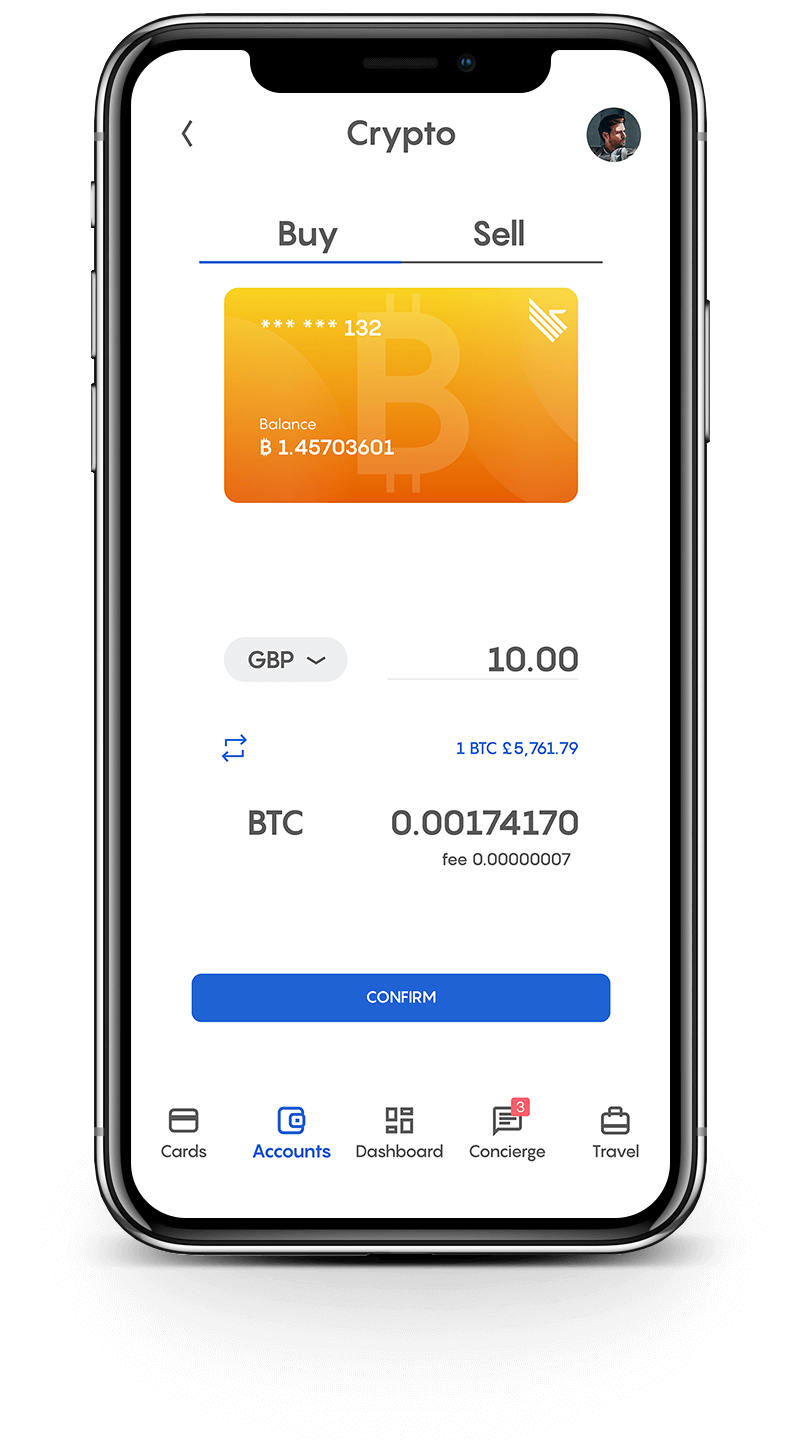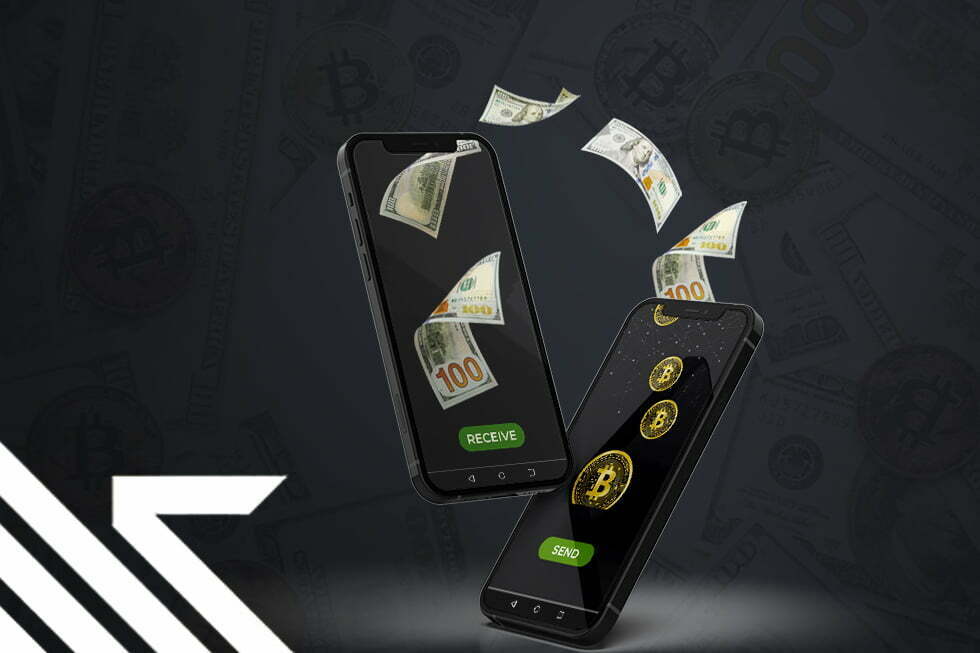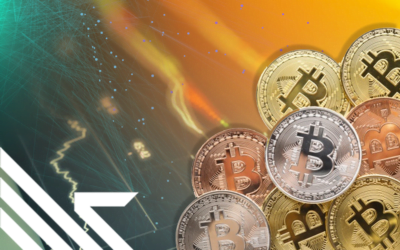Kenya, unlike any country in the world, is unique. When Kenya wanted to increase the number of individuals engaged with the banking system, it turned to M-Pesa to increase the digital adoption of banking. You might ask: What is M-Pesa? M-Pesa was launched in 2005 as a public/private government sponsored initiative with Vodafone and Safaricom as an alternative way for the unbanked to conduct transactions using pre-paid mobile minutes. After Vodafone enabled customers to buy mobile minutes with M-Pesa, adoption soared.
How Does M-Pesa Work?
M-Pesa enables customers to deposit and withdraw funds using a network of agents that resell mobile airtime and mobile phones. Customers are able to:
- Deposit and withdraw funds
- Transfer funds to other users
- Pay bills
- Purchase airtime
- Save money in a virtual account (Mshwari)
- Transfer money between the service and their bank account (e.g. off-ramp to fiat)
- Borrow money to complete transactions if customers have insufficient funds
The mobile money service facilitates the bulk of transactions in almost every sector of the Kenyan economy. According to the Kenya National Bureau of Statistics (KNBS), the government agency that collects, analyses, and disseminates statistical data, over 90% of the adult population in the country has an M-Pesa e-wallet.
If this is the first time you’ve heard about this and if you are a rational observer, then the obvious conclusion would be that decentralized cryptocurrencies like Bitcoin, Ethereum and Cardano should be easily adopted. Well, think again.
Back in 2013, Pelle Braendgaard, a Danish computer programmer, migrated to Kenya to integrate Bitcoin with M-Pesa. Kipochi was launched, and it included wallets, methods to use M-Pesa to buy and sell Bitcoin and to facilitate mobile payments. Unfortunately, Kipochi was shut down after one year of operation Many have speculated why the service was shut down, but Kipochi should serve as an example of how centralization begets centralization. All formal crypto to fiat on and off-ramps were closed, rendering the service obsolete.
Despite the inability to off-ramp crypto to M-Pesa, according to Chainalysis, Kenya ranks 5th in the world in cryptocurrency adoption, ahead of the United States and behind China. Kenyan citizens that engage in international e-commerce also face additional challenges as the transaction limit for M-Pesa in USD is $3000 per day and $1500 per transaction.
Unintended Consequences Of Crypto 1.0 (M-Pesa)– Kenyan Tea
Kenya is the world’s third largest tea producer, behind China and India and Kenyan tea is regarded some amongst tea enthusiasts as one of the best in the world. The key differentiators are the Kenyan climate and its soil that is indigenous to the region. In the tea business, the typical wholesale markup on tea from wholesaler to retailer ranges between 6-10% and the retail markup is 50%. However, a quick scan of international auction prices for Kenyan tea and retail prices on Amazon.com (where Club Swan members enjoy 2% rewards) provides a real life example of unintended consequences:
Auction Price Per kg = 2.47
Amazon Price Per kg =27.90 (Kericho Gold, Pure Kenya Tea)
With consumers willing to pay a premium for Kenyan Tea, one would think there would be a number of small, independent niche farmers retailing tea online, but the lack of access to traditional banking in rural areas, the reliance on M-Pesa, with its transactional limits, essentially inhibits efficient, small scale production and international e-commerce sales. Furthermore, the lack of any crypto to fiat on or off ramps provides a disincentive for entrepreneurs to participate in global e-commerce. Piling on this conundrum, Kenyan tea producers depend upon six key markets:
- Pakistan
- Egypt
- Britain
- Iran
- Yemen
- Sudan
All of these countries have experienced either international turmoil or a depreciation in their currency, which unfortunately negatively impacts the export and expansion of Kenyan Tea.
Could Cryptocurrency Be Used To Expand Kenyan Tea Markets
According to research conducted by Citigroup’s Global Perspectives & Solutions (GPS), bitcoin is poised to become a leading means of international trade. The 108 page report titled “Bitcoin: At the Tipping Point”, states the case for Bitcoin. “It is immune from both fiscal and monetary policy, avoids the need for cross-border foreign (FX) transactions, enables near instantaneous payments and eliminates concerns about defaults or cancellations as the coins must be in the payer’s wallet before the transaction is initiated”. While this statement can be construed as a vote of confidence by one of the world’s largest bank, the analysts did provide a warning stating that “if institutional enthusiasm were to wane sufficiently, this would remove a key source of support to Bitcoin and potentially the broader ecosystem, thus pushing it back to its more speculative roots”.
Another challenge is the lack of access to the formal banking system by rural farmers and the reliance on M-Pesa as a medium of exchange. In December 2015, the Central Bank of Kenya, released this statement “ This is to inform the public that virtual currencies such as Bitcoin are not legal tender in Kenya and therefore no protection exists in the event that the platform that exchanges or holds the virtual currency fails or goes out of business”. According to Global Legal Insights, the Central Bank of Kenya is neither receptive to cryptocurrencies nor does it prohibit them.
Join Club Swan and get… more!

Buy and sell your crypto at the best rates and spend them or transfer them to another wallet. You can seamlessly spend your crypto with the Club Swan card anywhere in the world. Everything from one account, on one platform.
- Buy, sell or store 9 different crypto currencies, including: Bitcoin (BTC), Ethereum (ETH), Litecoin (LTC), Bitcoin Cash (BCH), Tether (USDT), BAT, Paxos (PAX), USD Coin (USDC) and EOS.
- Low fees from 0.5%*.
- One simple rate for buy and sell. No hidden margin built into our prices.
- Seamlessly spend your crypto with the Club Swan card.
- Turn your crypto into traditional currencies.
- Quick and simple wallet to wallet transfers.
- Free transfers between Club Swan members.*
- 24/7 Customer support.
Club Swan’s flexible account gives you access to multiple traditional currencies, live real time exchange rates, bank transfers and an elegant metal card allowing you to spend in more than 150 currencies around the globe.
- Live traditional currency exchange rates.
- Bank transfer exchange rates typically 4-8% better than high street banks.
- USD, GBP, EUR, CNY, and JPY accounts*.
- Transfer funds in and out of your account with SEPA/SWIFT/Faster Payment/Fed Wire Payments.
- Spend 150+ traditional currencies around the globe with Club Swan card.
- International ATM withdrawals.
- Daily ATM withdrawal limit $1,500.
- High account limits.
- Free transfers between Club Swan members*.
- FCA regulated for your peace of mind**.
- 24/7 Customer support.
Save precious time and money. Use your Club Swan virtual assistant for your travel needs. We also offer personal shopping, VIP event access and unique experiences.
- Save up to 40% on flights and holidays.
- Exclusive negotiated rates on First and Business class airfares.
- Private transfers.
- Luxury car rentals.
- Personal shopping assistant.
- Luxury product procurement.
- Concert tickets.
- Activity experiences.
- Event access.
- VIP dining & restaurant bookings.
- Private event & party coordination.
- 24/7 live chat concierge support.
Is Kenya Warming Up To Decentralized Currencies?
In 2018, the Kenyan government created the Distributed Ledger Technology and Artificial Intelligence Task Force to develop programs to integrate emerging technologies to support the Fourth Industrial Revolution.
Key recommendations included the following:
- The development of a digital sovereign cryptocurrency that can be traded globally in line with the G20 Summit recommendation on the need for digital currencies to further enable global financial inclusion.
- Create a Fintech legal and regulatory sandbox
- Implement a blockchain technology in various sectors within public service, (land titling, elections, etc.)
In summary, the introduction of M-Pesa as a payment solution in Kenya has brought banking services to the unbanked with a positive economic impact. According to Isaac Mbiti and David N. Weill in their white paper Mobile Banking: The Impact of M-Pesa in Kenya, M-Pesa usage has lowered the propensity of people to use informal savings mechanisms such as ROSCAS and raises the probability of individuals being banked. Additionally, M-Pesa decreases the prices of competing money transfers. The authors concluded that M-Pesa improves individual outcomes by promoting banking and increasing transfers.
Since Kenya’s economy is dependent on exports, its trading partners are exposed to currency fluctuations, and small independent business owners rely upon M-Pesa (Crypto 1.0) to conduct payments; access to international markets via e-commerce is nascent at best. Only time will tell if this unintended consequence will be a thing of the past.




